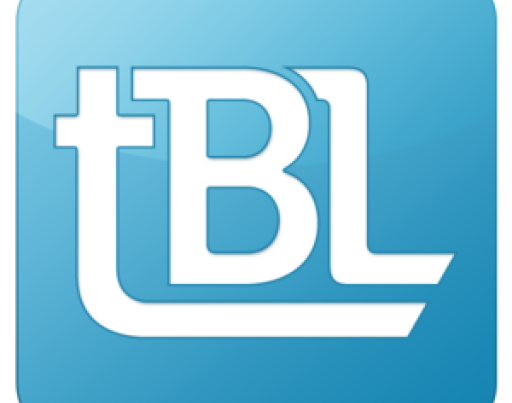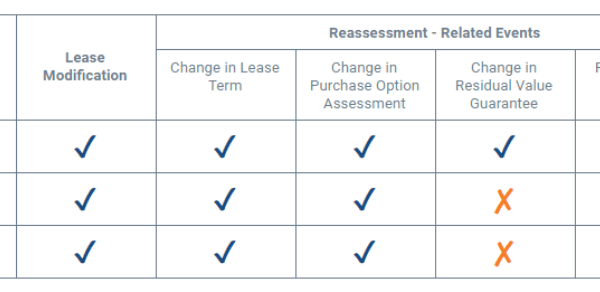Using a 401(k) instead of a SEP-IRA can lead to greater account contributions. With several variables at play to make a maximum contribution, should you?
For 2021, the maximum 401(k) contribution is $58,000. To get to this maximum, you will have to contribute $19,500 as an employee deferral and add another $38,500 through employer profit sharing. For those age 50 and older, a catch-up contribution of $6,500 is available, making the total limit $64,500.
The largest part of this contribution is the profit sharing of $38,500. Profit sharing is also the most complicated and the process for determining the amount presents some tradeoffs.
Profit sharing contributions are based on 25% of the W-2 wages you pay yourself. To contribute the maximum profit sharing contribution amount of $38,500, you will have to pay yourself $154,000. A reasonable salary for you might be less than that, but should you consider increasing it to reach the maximum 401(k) contribution? Very likely, no.
For illustration, Alex is a CRE broker with revenue of $275,000. His tax status is Married Filing Jointly and his spouse does not have any income. At this level of revenue, a reasonable salary is $75,000. The profit sharing opportunity will be 25% of salary, or $18,750.
Net income from the S-corp is determined by Revenue minus Salary minus Payroll Tax minus Profit Sharing, which equals $175,513. Income taxes will be $29,075 and payroll taxes $11,475 for a total of $40,550.
If Alex decides he wants to make a maximum 401(k) contribution, his salary will need to be $154,000. This increase will cause payroll taxes to rise, going from $11,475 to $22,173.
Income taxes are $28,134 and don’t go down by very much because the reallocation of business net income to salary is affecting the Qualified Business Income (QBI) tax deduction. This nearly offsets the deduction from the larger 401(k) profit sharing contribution.
Total taxes in this scenario are $50,307 which is $9,757 higher than with the lower 401(k) contribution. This is most simply explained by the increase in salary affecting payroll taxes and QBI deduction.
A desire to increase contributions to a 401(k) plan should be looked at very carefully. There are so many variables at play for CRE brokers who are setup as an S-corp. Each broker’s situation is unique and deserving of extra attention. Schedule a call with us to explore the right strategy for you.



